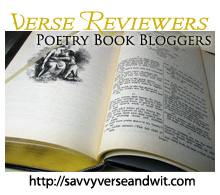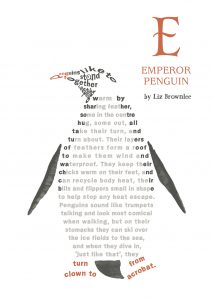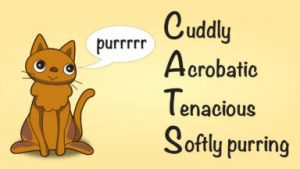
Paperback, 96 pgs.
I am an Amazon Affiliate
Threshold: the magnitude or intensity that must be exceeded for a certain reaction, phenomenon, result, or condition to occur or be manifested.
Thresholds and Other Poems by Matt Hohner explores that threshold in depth, the line that must be crossed in order for the poems to transform or manifest into their fullest selves. The collection itself opens with a dream where “predators/creep into our life like doubt,” but rather than the doubt become a burden it is manifested into something wild that must be guarded against, even when it calls from the darkness. It is one of the poems in this collection I immediately saw myself inside. Hohner captures that “doubt” so well — it is carnivorous and it is sneaky.
The darkness of our modern world is at every threshold, even more present in “Kevin,” in which two brothers have turned the corner as shots ring out and kill another neighborhood boy. There are other poems in which the narrator tells us what we already know, like in “Gulf War Veteran,” that the darkness has won many battles around us and there is no coming back.
Hohner pulls no punches in his poems; we are not allowed to turn away from the horror of 9/11 where Americans are “pelting the concrete like hail” in “Terror in the Dust” or in “Dundalk” where children come to school high on their parents pills. But even in these dark times, his verse bends toward nature’s calming hand, with “the first yellow leaves of autumn” signifying a softer fall for those 9/11 Americans or the children’s veins still pumping and “singing in joy at dawn for the promise of another day.”
Each poem is unrelenting in its exploration of the threshold — how much can we take before breaking, how much can we take before we learn to let go and forgive, how much can we take? The answer is often far more than we believe we can. It would seem why the darkness continues to push us, pressure us, test us. Thresholds and Other Poems by Matt Hohner reach “across time and space” just as the narrator does in “As I Think of You in Italy,” teaching us that thresholds must be crossed to get to the place we long to be and we can do that with an openness to love, grace, and forgiveness.
Rating: Quatrain

Photo credit: Shannon Kline
About the Poet:
Matt Hohner, a Baltimore native, has been a finalist for the Moth International Poetry Prize and taken both third and first prizes in the Maryland Writers Association Poetry Prize. He won the 2016 Oberon Poetry Prize, the 2018 Sport Literate Anything but Baseball Poetry Prize, and most recently the 2019 Doolin Writers’ Weekend Poetry Prize in Ireland. Hohner’s work has been published in numerous journals and anthologies. An editor for Loch Raven Review, Hohner’s book Thresholds and Other Poems, his first full-length book, was published by Apprentice House Press in Fall 2018. He lives in Baltimore, Maryland. Hohner has held a residency at the Virginia Center for the Creative Arts, made possible by a grant from the Mid Atlantic Arts Foundation. Hohner was recently longlisted for the University of Canberra Vice-Chancellor’s International Poetry Prize and the Live Canon 2019 Poetry Contest in the UK. Hohner has had recent work published or forthcoming in Bhubaneswar Review, Boyne Berries, The American Journal of Poetry, Prairie Schooner, Bangor Literary Journal, and elsewhere. His second collection of poetry will be published by Salmon Poetry in 2022. Visit his webpage and on Twitter.






 About the Editor:
About the Editor:







